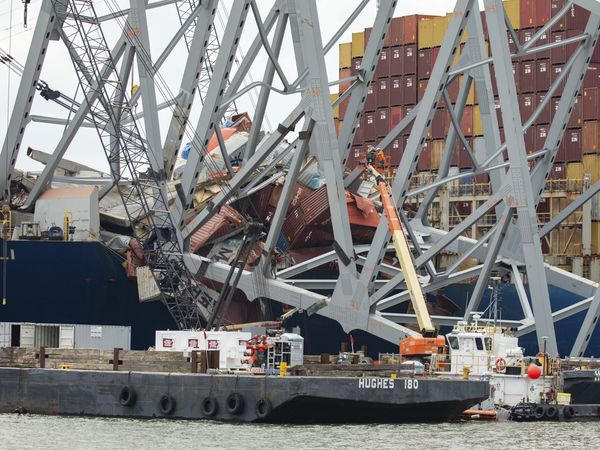
In a letter to the British prime minister, hundreds of legal figures, including some who have held some of the land’s most senior judicial roles, have said the government is breaching its obligations under international law, including the genocide convention, when it comes to Israel’s war in Gaza. Here the Guardian explains what the genocide convention is, the responsibilities it confers on signatories and its relevance.
What is the genocide convention?
The convention on the prevention and punishment of the crime of genocide – otherwise known as the genocide convention – was approved in 1948 and came into effect in 1951 after the second world war and the Holocaust, in which Nazi Germany killed more than 6 million Jews. The concept of “genocide” was created by Raphael Lemkin, a Jewish law professor,and the convention created the first international legal definition of the term.
How does it define genocide?
The convention, which has been ratified by 153 countries including the UK (in 1970) and Israel, defines genocide as “any of the following acts committed with intent to destroy, in whole or in part, a national, ethnical, racial or religious group”.
The acts include killing members of the group, causing them serious bodily or mental harm, destroying their living conditions so as to bring about their destruction, preventing them from giving birth and forcibly transferring their children to other groups.
It is considered to be the most serious war crime.
What is punishable under the convention?
Naturally, genocide itself is an offence but there are other linked offences too, including complicity in genocide. Under article 1 of the convention, each state party is required to undertake to prevent and punish genocide. It is on this basis that South Africa, which has already brought a genocide case against Israel at the international court of justice (ICJ), has reportedly been preparing a lawsuit to file at the ICJ against the UK and US – which both supply arms to Israel – alleging complicity in genocide.
The letter/legal opinion sent to the prime minister by legal figures states: “Serious action is … needed to avoid UK complicity in grave breaches of international law, including potential violations of the genocide convention.”
One example it gives is: “The ICJ’s conclusion that there exists a plausible risk of genocide in Gaza has placed your government on notice that weapons might be used in its commission and that the suspension of their provision is thus a “means likely to deter” and/or “a measure to prevent” genocide.
Has Israel been found to have committed genocide?
No. Following the case filed by South Africa against Israel and representations made by each side on consecutive days, the ICJ issued an interim judgment in which it said it was “plausible” that Israel was committing breaches of the genocide convention against Palestinians in Gaza. This was not a definitive ruling – genocide cases can take years to resolve – but the letter to the prime minister says: “The UK cannot wait until the court decides the case on the merits; it must act now in accordance with its obligation to prevent genocide.”
The UN’s top court was asked by South Africa to issue a provisional order because of the deemed urgency of the situation. In response, the ICJ ordered Israel, among other things, to “take all measures within its power to prevent” the killing of Palestinians, prevent and punish incitement to commit genocide and enable provision of humanitarian assistance. Last week, the court issued additional provisional measures including for Israel to allow unimpeded access of food aid into Gaza, as it said “famine is setting in”.







